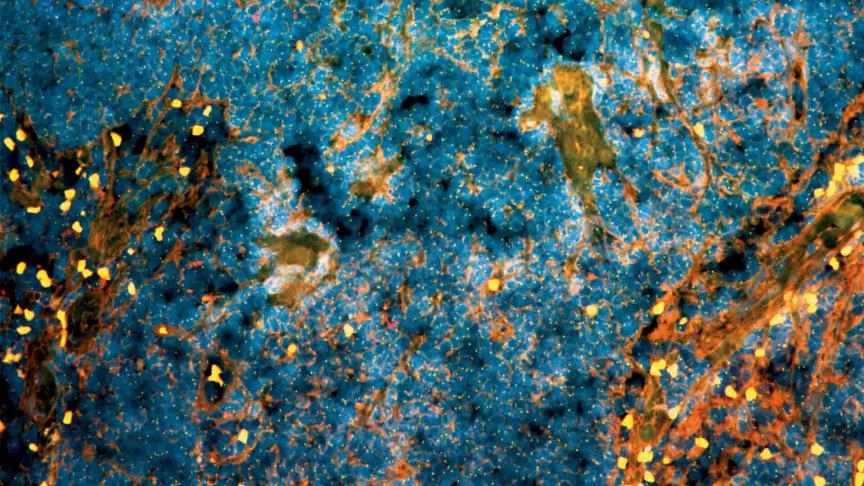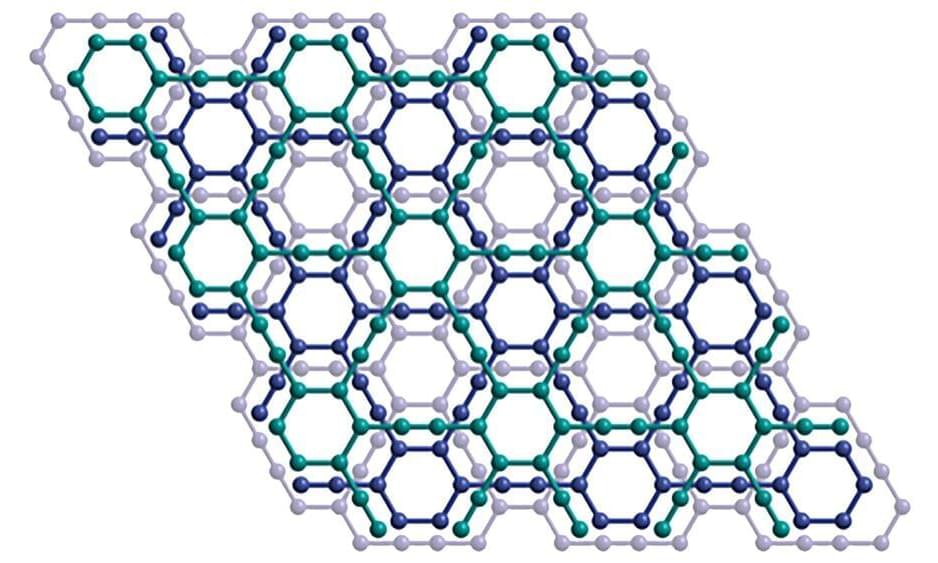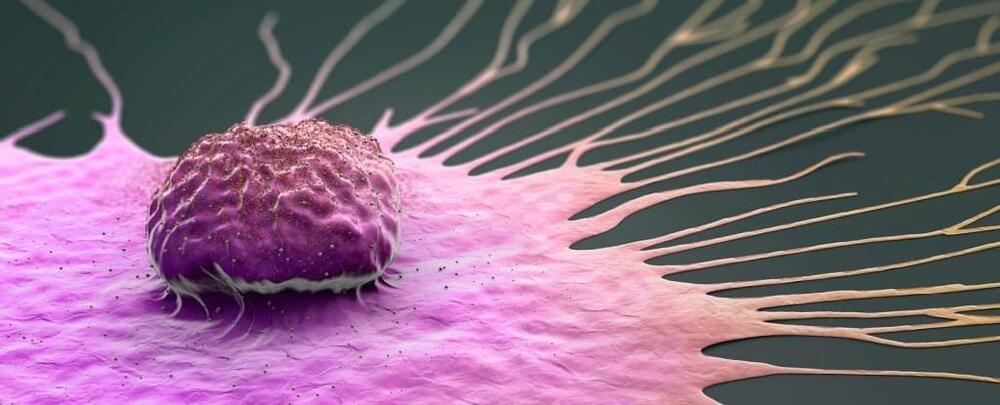
Prostate cancer growth is driven by male sex hormones called androgens. And so, lowering levels of these hormones can help slow the growth of cancer.
Hormone therapy has been successful in keeping metastatic, or advanced prostate cancer, under control. Patients with metastatic prostate cancer often receive treatment with anti-hormonal therapy, which inhibits the signal sent out by testosterone that stimulates tumor growth.
But eventually, the tumor cells could become resistant to it. An international team of researchers led by the Netherlands Cancer Institute has now unveiled an “unexpected potential” solution, not designed to fight cancer but to target proteins that regulate a cell’s circadian rhythm.


















